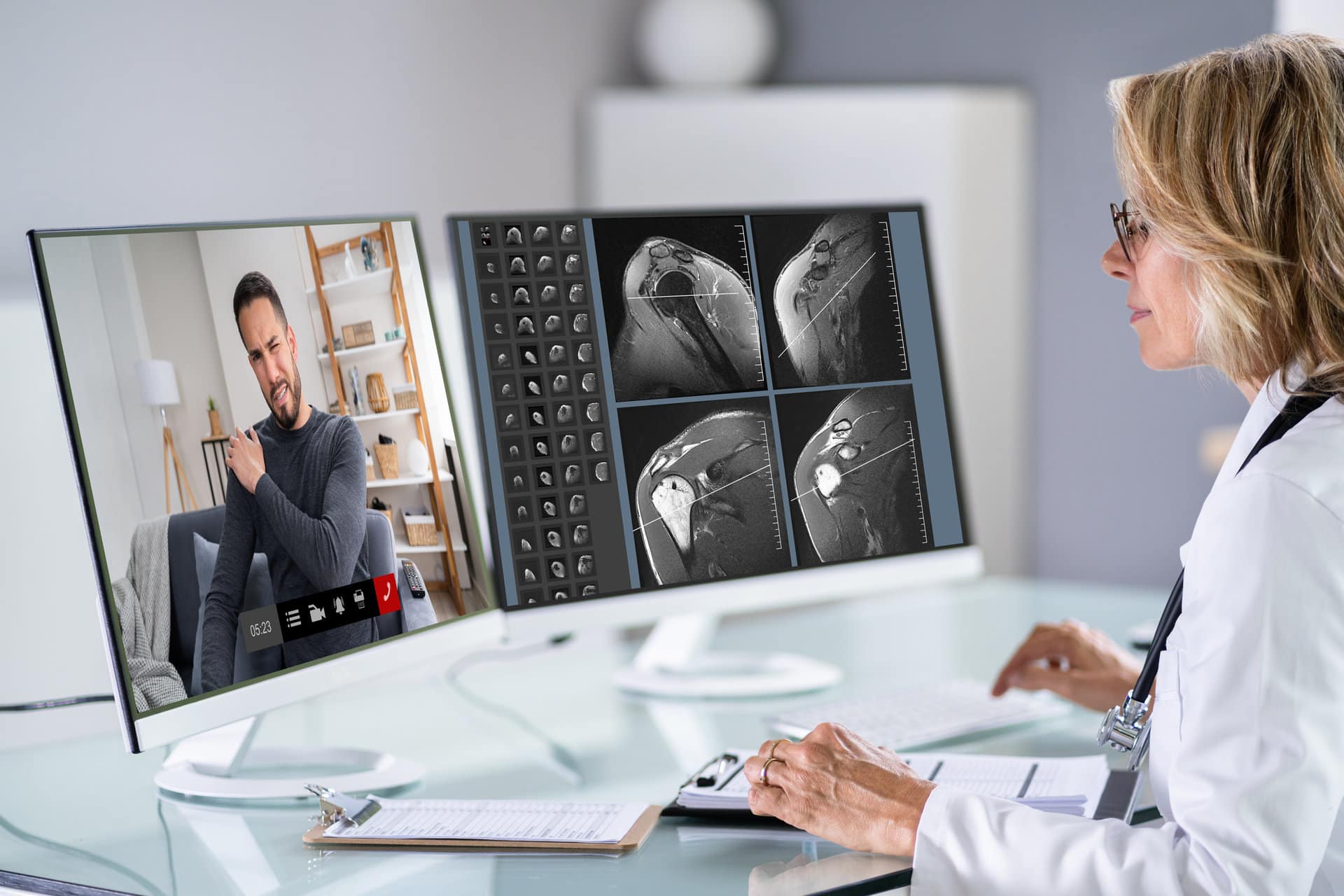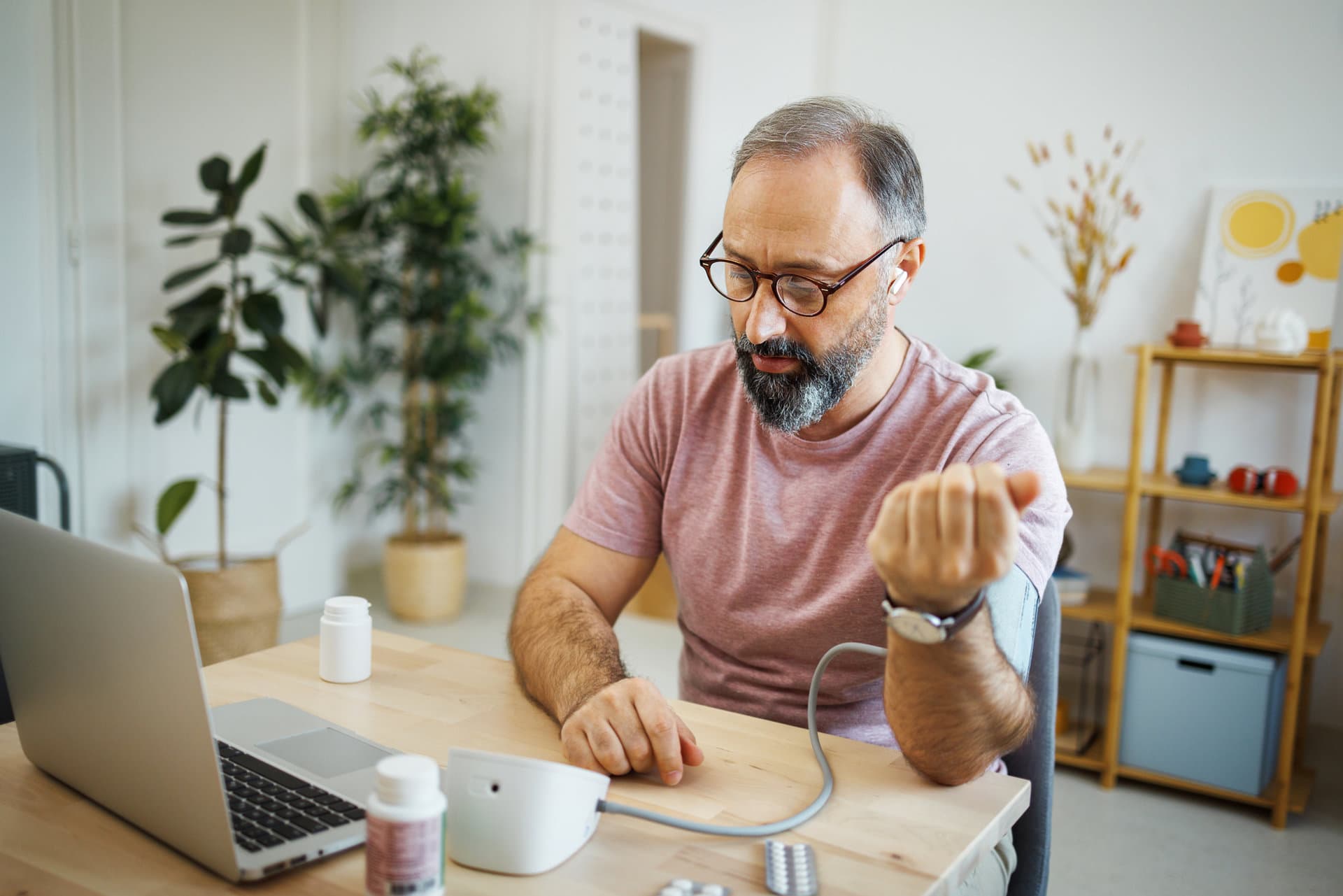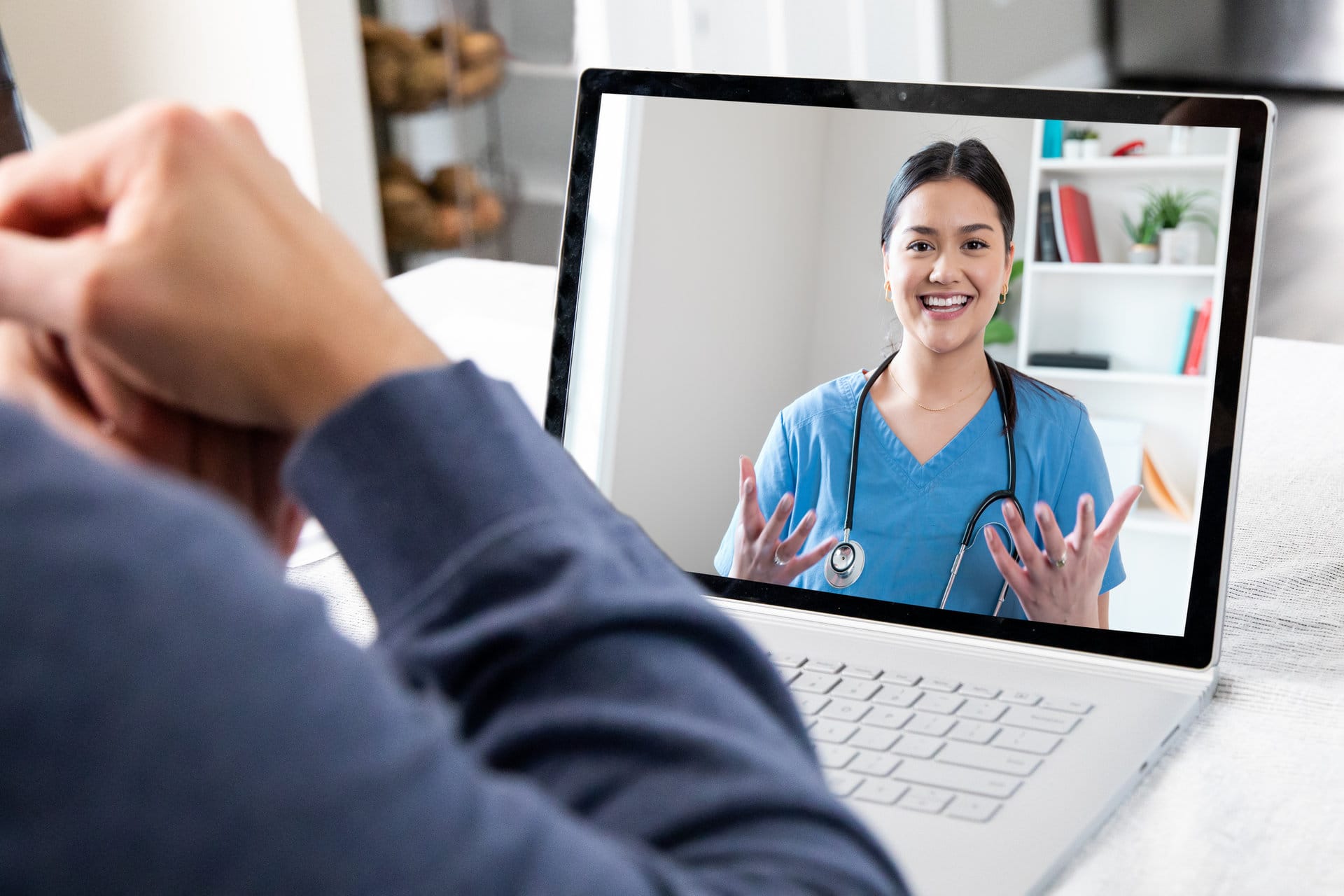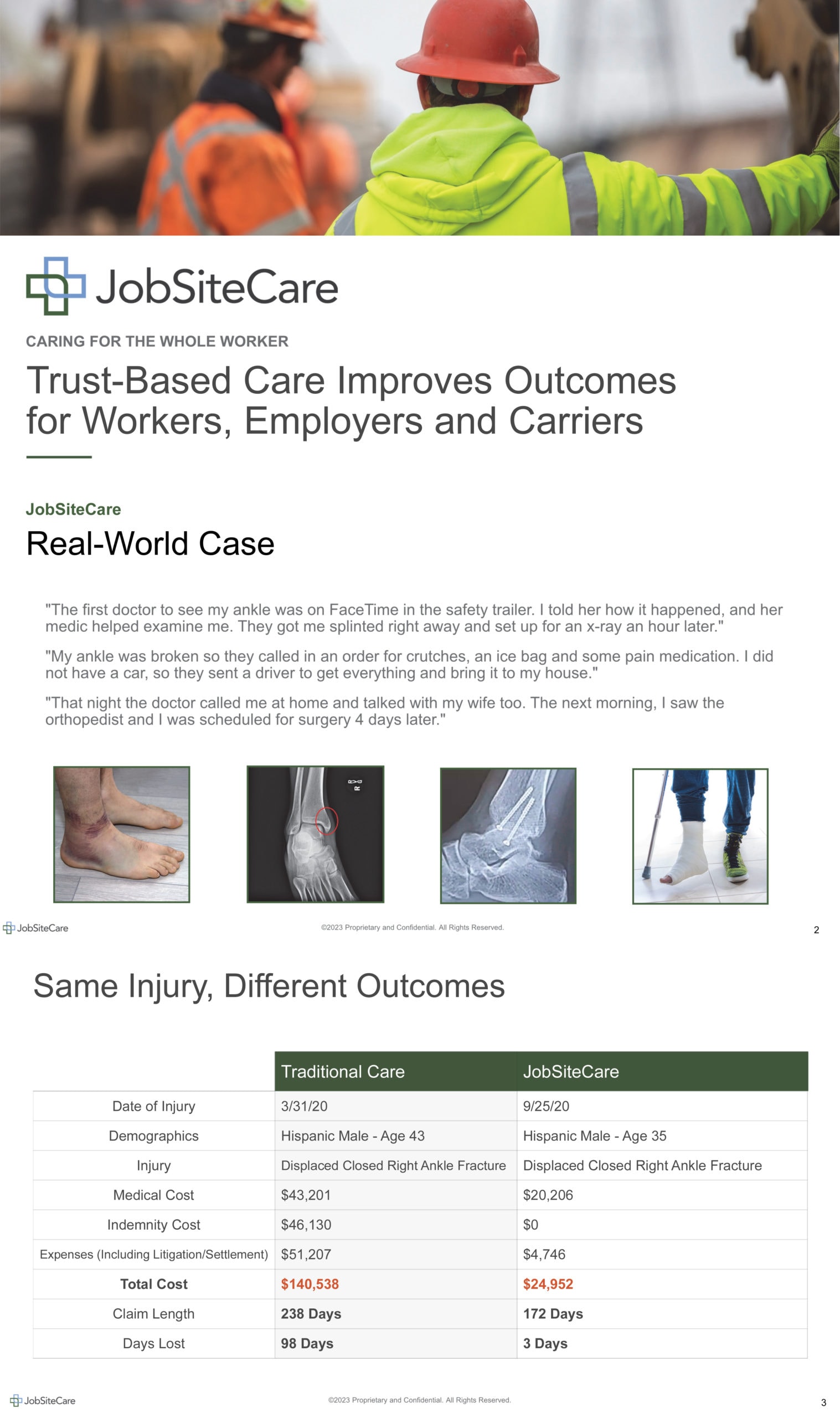By Dr. Dan Carlin, CEO of JobSiteCare, and Cal Beyer, Human Capital Risk and Worker Wellbeing Consultant

Workers’ Compensation: A Source of Competitive Advantage or Disadvantage
The construction industry is acutely aware of how insurance and risk management performance can either be a source of competitive advantage or disadvantage. Nowhere is this more readily clear than in Workers’ Compensation. The Experience Modification Rating (EMR) continues to be included as a key performance indicator used in the prequalification of contractors at all levels of construction.
For years, the construction industry has made notable improvements in decreasing the frequency of occupational injuries and illnesses, as reflected in decreasing Total Recordable Incidence Rate (TRIR). Yet the variable rate of serious injuries and fatalities experienced continues to adversely impact the “days away, restricted, or transferred” (DART) rate. This jeopardizes the ability of quality contractors to maintain eligibility to bid on work should they experience a deteriorating EMR.
With the worsening shortage of both skilled and unskilled labor, the stakes are higher today for employers to professionally manage Workers’ Compensation injuries. Many contractors are reporting rising rates of overtime due to the workforce shortage. Increasing the total hours worked can contribute to higher injury frequency and severity, especially in the case of musculoskeletal injuries. It is also well known that new employees with less than one year of experience have increased occupational injuries. This combination of rising workloads with labor shortages being filled either by new workers or increasing overtime can create challenges to Workers’ Compensation.

How Telemedicine Optimizes Care for Injured Workers
In 2024, telemedicine for construction workers is no longer an after-the-fact phone call on the way to the urgent care center. Like every technological innovation beforehand, it has matured into an enabling technology for physicians to deliver medical care in a way that places the worker at the center of the Workers’ Compensation care process.
By bringing the doctor directly to the worker by phone and video, today’s telemedicine delivers onsite care immediately – within minutes of the injury. It also enables that same telemedicine physician to track and manage all subsequent offsite care in the most efficient and patient-friendly way possible.
In full application, telemedicine can address major gaps in the current Workers’ Compensation care system by:
-
- Providing real-time physician-guided care for life-threatening onsite emergencies like major trauma, opiate overdose, allergic anaphylaxis, or even cardiac arrest.
- Ensuring effective urgent care for 90% of onsite injuries that do not require surgery, including 2nd-degree burns, most lacerations, and most sprains, strains, and soft tissue injuries.
- Supporting the injured worker and their family with frequent physician communication to address their concerns about the injury and its impact on their lifestyle.
- Monitoring the worker’s recovery and identifying complications before they can impair the worker’s recovery.
- Enabling a smoother return to work through close communication between the telemedical physician, company or project site supervisors, and claims administration staff.
- Serving as an easy onsite access point for help with any other medical problem or mental health issue.
Building Trust with Workers Through Telemedicine
Injury reporting has a major impact on how injured workers feel connected or disconnected from the employer based on how well the employer expresses care for their physical and emotional well-being during an injury. If the employer blames the employee for the injury and expresses concern that this will adversely impact the project safety performance metrics, injured employees will not feel that the employer cares about them as a person or professional.
Establishing and maintaining trust is important in properly managing a Workers’ Compensation injury. Employees who feel cared for are more likely to trust the employer to meet any medical restrictions associated with their medical clearance to return to either modified or full duty.

How Telemedicine Improves Outcomes for Workers’ Compensation
Effective onsite telemedicine delivers more medical care at the jobsite, resulting in fewer Workers’ Compensation claims and less expense for offsite emergency room, urgent care, and specialist services. Outside of the severity of an injury, the number one variable determining medical and economic outcomes is the worker’s level of engagement in their care process. This engagement is, in turn, determined by the worker’s emotional experience and trust in their doctors.
Telemedicine optimizes that trust by enabling the doctor to:
-
- Evaluate, diagnose, and treat immediately at the workplace.
- Assume true accountability by being easily available to the worker and their family.
- Eliminate delays by facilitating key transactions among providers and program administrators.
- Facilitate the worker’s rapid return to work (RTW) with the right restrictions in place. This maintains the worker’s social connection to their co-workers, which is critical to recovery.
Workers’ Compensation assets like these are more likely when the telemedicine physician is supported by efficient software. This software should centralize and integrate case information for the patient and multiple stakeholders, including:
- The company/employer (human resources, safety staff, and site supervisors).
- Providers (specialists, rehab and recovery services, pharmacy, urgent care).
- Claims administration staff (provider referrals and approvals, ongoing case updates).
- Federal and state injury reporting programs.
Outcome Measures of Trust-Based Telemedicine for Workers’ Compensation

Conclusion
Advances in technology continue to transform project safety and risk management practices in the construction industry. One such innovation is telemedicine, which positively impacts the process and outcomes of Workers’ Compensation injury treatment and recovery. Leveraging telemedicine in the treatment of Workers’ Compensation injuries enhances the delivery of timely and quality medical care to injured workers.
Telemedicine promises to establish trust and engagement from injured workers, thereby reducing barriers in the traditional transactional model of Workers’ Compensation injury management. Telemedicine creates trust-based care and significantly improves the outcomes of Workers’ Compensation injuries.
Daniel Carlin, MD, is the CEO of JobSiteCare, who pioneered JobSiteCare’s innovative concierge telemedicine model after a decade of experience in demanding healthcare environments. Dr. Carlin is a national leader in the field of telemedicine. He is a board-certified emergency physician and a former US Navy medical officer, and he is a frequent speaker to medical and international development audiences. He has been a featured presenter at the Construction Risk Conference hosted by the International Risk Management Institute in 2022 and 2023.
Dr. Carlin has spoken at institutions such as the MIT Media Lab, the United States Naval Academy, and professional conferences such as the American Telemedicine Association and the International Development Council. Dr. Carlin’s work has been featured in The Hill, Business Week, Forbes, Fortune, FT, The New York Times, The Wall Street Journal, and Worth. Dr. Carlin has also been a guest speaker on The Today Show, Dateline NBC, and The Oprah Winfrey Show. Learn more at www.jobsitecare.com or via email at mrusso@jobsitecare.com
Cal Beyer, CWP, is a human capital risk and worker wellbeing consultant. He has over 30 years of professional experience in construction risk management, insurance, and safety. Cal is a strategic partner with the national nonprofit SAFE Project (Stop the Addiction Fatality Epidemic). He helped launch the Construction Industry Alliance for Suicide Prevention in 2016. He serves on the Executive Committee of the National Action Alliance for Suicide Prevention. He serves on Advisory Boards for Goldfinch Health, MindWise Innovations, Youturn Health, and the Suicide Prevention Resource Center. Contact Beyer at cbeyer@gmail.com or via cell at 651-307-7883.
